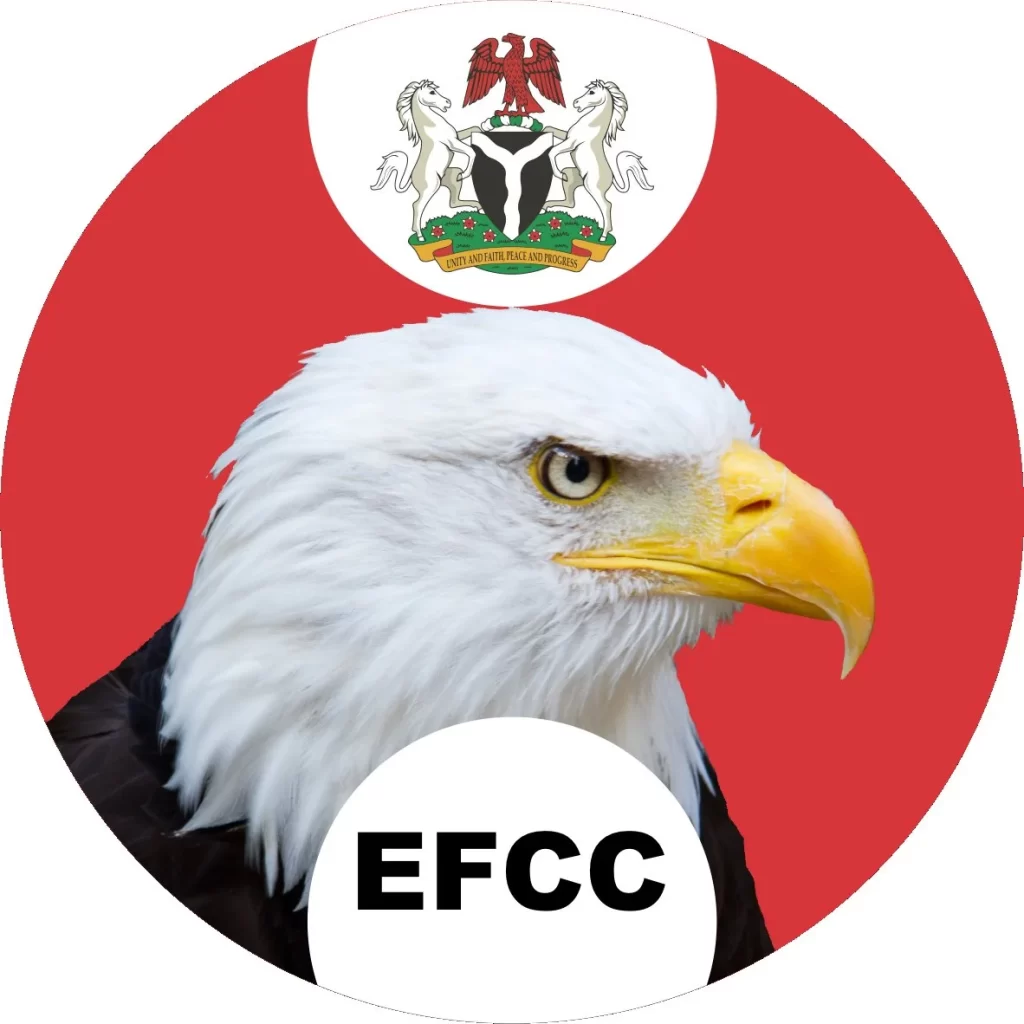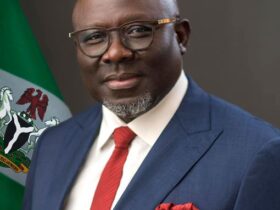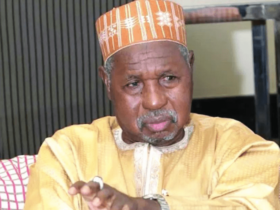
The Economic and Financial Crimes Commission (EFCC) has put forward a budget proposal of N76.59 billion for the fiscal year 2024, marking a significant increase from the previous year’s budget. The proposed budget reflects a 53.48% increase from the 2023 appropriation of N49.91 billion, primarily due to a rise in personnel costs from N36.83 billion to N37.07 billion.
During a recent session with the House of Representatives Committee on Financial Crime, EFCC Chairman Ola Olukoyede highlighted the commission’s financial plans and the rationale behind the increased budgetary needs. The EFCC’s budgetary framework comprises three main components: personnel, overhead, and capital costs.
For 2024, the commission has maintained its personnel cost at N37.07 billion, matching the allocated budget envelope. However, the overhead cost has seen a substantial jump, with a proposal of N14.51 billion against the initial envelope of N4.79 billion. This increase is intended to support the EFCC’s expanding mandate and operational requirements.
READ ALSO: Edo State’s 2024 Budget Proposal: Gov Obaseki Presents N325.3 billion
The capital cost proposal stands at N25 billion, a significant leap from the envelope of N1.24 billion. Olukoyede explained that this request stems from the commission’s ongoing growth and the anticipated recruitment of additional staff in the coming year.
The EFCC’s capital expenditure is set to increase from N2.5 billion in 2023 to N25 billion in 2024, with overhead costs rising from N10.53 billion to N14.5 billion. The commission aims to transition from rented zonal offices to owning its buildings across 14 zones outside the capital, Abuja. The need for additional overhead funding is attributed to escalating costs associated with air travel, vehicle maintenance, diesel, and the acquisition and upkeep of properties for the commission’s operations.
Ginger Onwucebe, Chairman of the Committee and representative of Abia State, acknowledged the committee’s commitment to supporting the government’s efforts in combating financial crimes. He emphasized the importance of strategic resource allocation to empower the Nigerian Financial Intelligence Unit in addressing the complex and growing threat of financial crimes to the nation’s economic stability and growth.








Leave a Reply